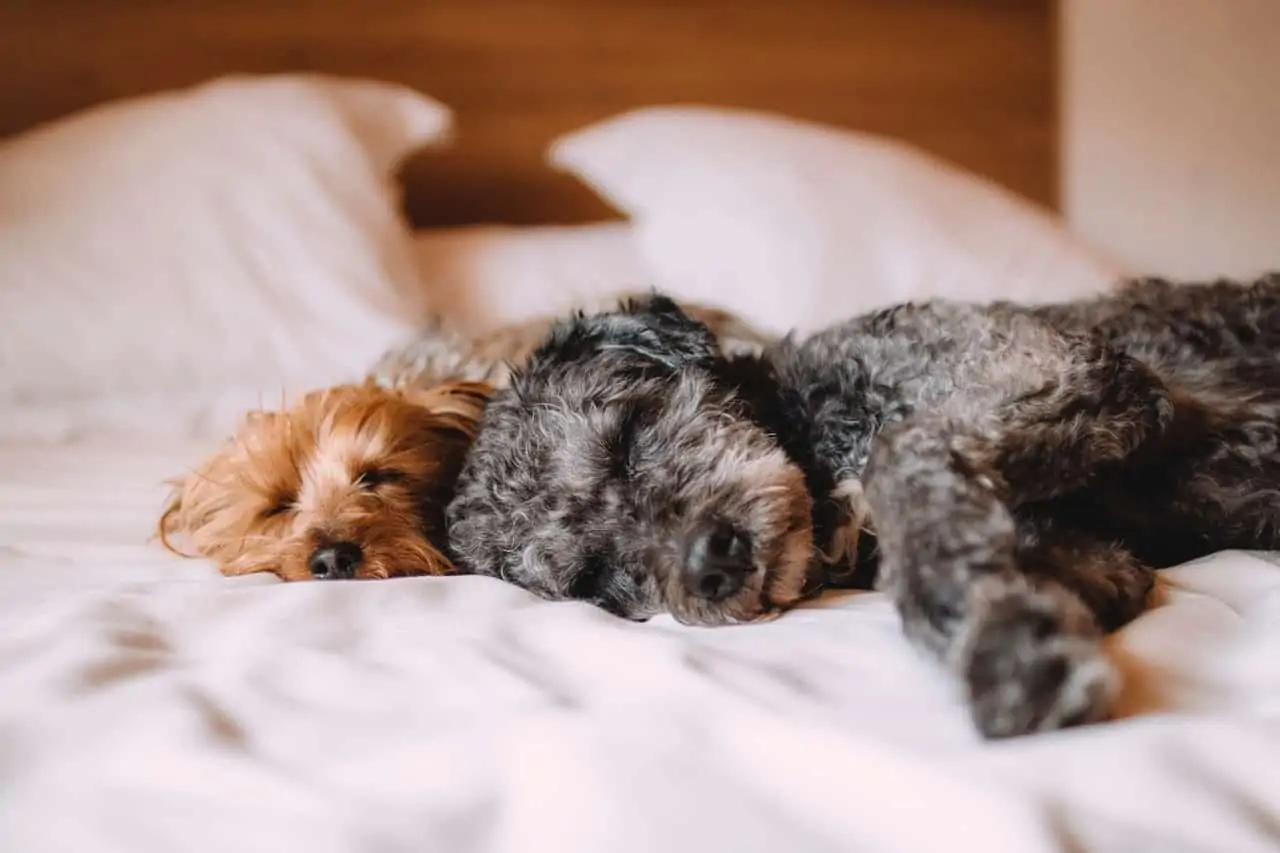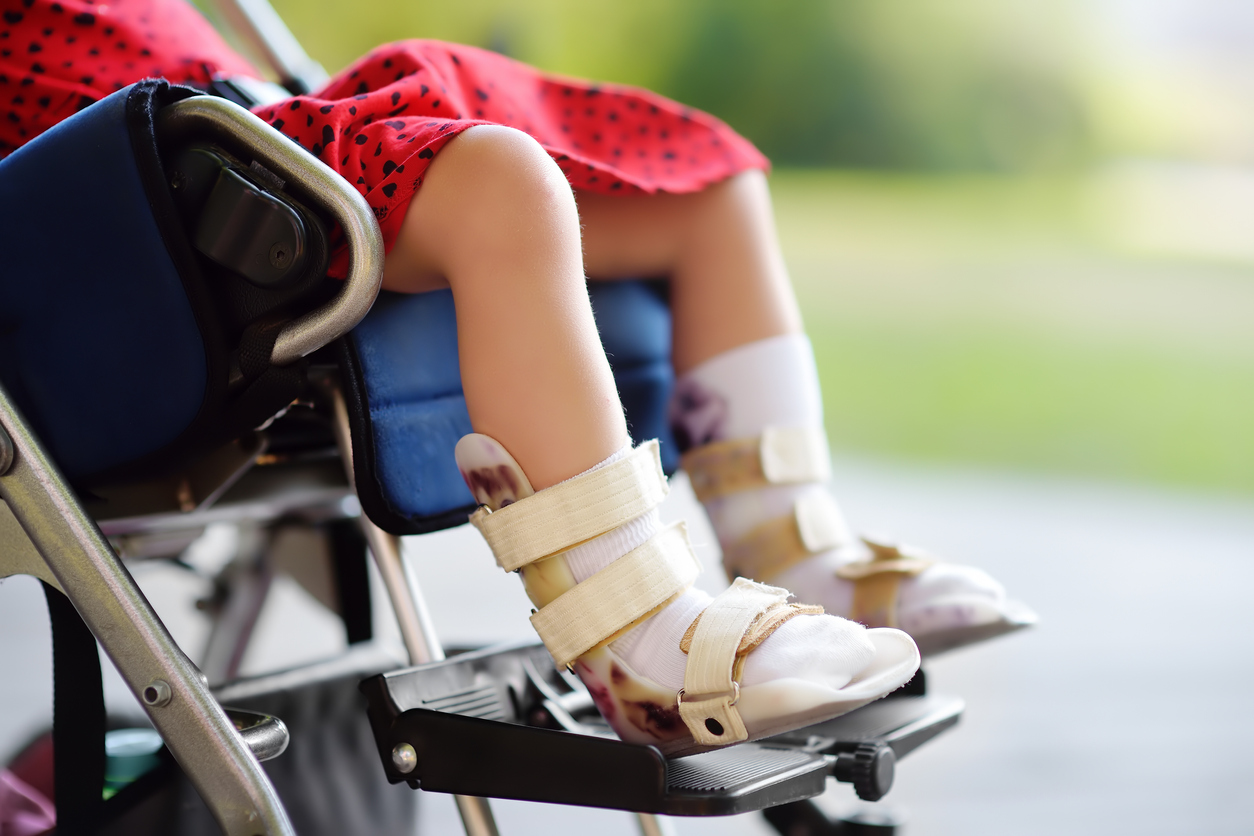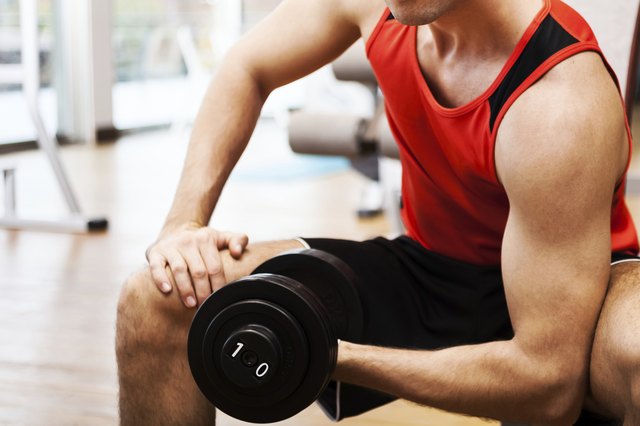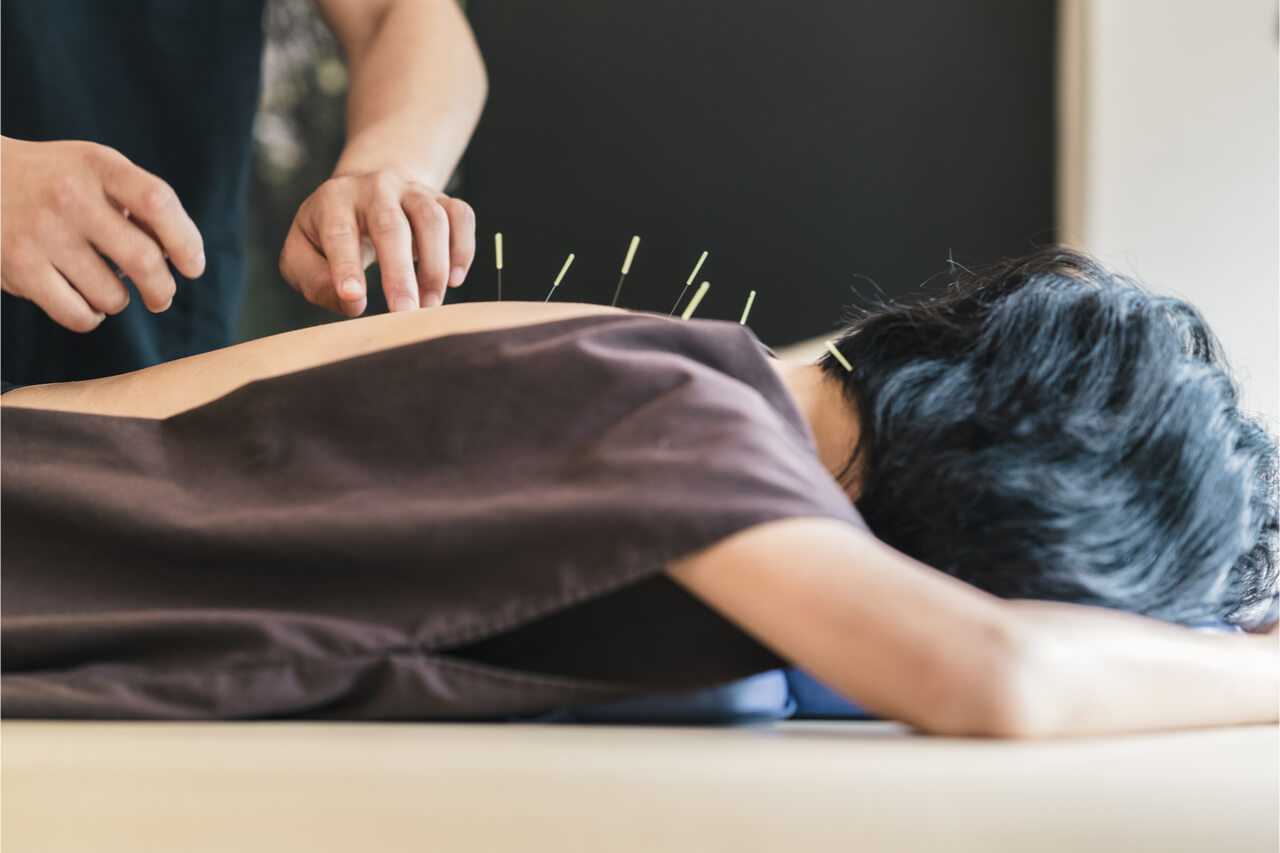Great sleep doesn’t have to be left to the roll of the dice. In fact, neglecting sleep can severely affect your brain function, exercise performance, and hormones so it’s important to create a consistent rest schedule. If you want to optimize your health and keep that energy flowing throughout you during the day, use these 7 proven methods for getting a good night’s sleep.
1. Increase Natural Light Exposure During the Day
Getting a restful sleep starts by doing the opposite of what you’d do at night: being exposed to light. Your body’s circadian rhythm, aka our time-keeping clock, is affected by bright light exposure. Patients with insomnia saw improved sleep quality after natural light exposure, and got to sleep 83% faster, and older adults increased restful sleep by 2 hours though the same method. Even bright lights and bulbs can help you, even if you experience average sleep.
2. Reduce Blue Light Exposure at Night
Blue light can disrupt your circadian rhythm because it tricks your brain in thinking it’s still daytime. Just one day of blue light exposure at night will reduce or stall the hormone melatonin, which is essential for giving you a deep, relaxing sleep. To reduce exposure to blue lights, avoid using electronic devices like a computer or smartphone before bed. If you have difficulty avoiding blue light due to your job, circadian rhythm lighting can help you get a restful sleep.
3. Avoid Alcohol When Possible
A little partying never hurt anyone, but drinking too much before bedtime will prevent you from reaching or staying in REM sleep. Without REM sleep, you won’t be able to repair most of your body’s functions or feel well rested in the morning. While alcohol will help you get to sleep faster, it will alter melatonin production, and possible lead to snoring, sleep apnea and disturbed sleep. Avoid alcohol before bed and limit the amount of days you drink to improve sleep patterns.
4. Reduce Coffee Intake
Coffee is a fantastic stimulant that improves energy, enhances focus, and helps you hit new highs at the gym. Since coffee stimulates your nervous system, it makes it difficult for your body to relax, which is a positive in the daytime but a massive negative before bed. It’s possible for caffeine to say in your body for 6-8 hours, so only consume it in the morning. If you drink coffee after 3 p.m., you may find yourself tossing and turning before your body calms down.
5. Exercise Often
Exercise is one of the best things you can do to improve sleep and reduce symptoms of insomnia. You can easily half the amount of time it takes to fall asleep by walking for 30 minutes a day. However, if you workout at least 2 hours before bed it may be hard for you to relax. Even when you feel your heart rate go down, your brain is still in exercise mode and ready for another round. To make exercise a benefit instead of a detriment, exercise in the morning or afternoon.
6. Take a Natural Sleep Supplement
Taking a sleeping pill isn’t your only option for a good night’s sleep. Melatonin, the sleep hormone, comes in supplement form and will improve how quick you fall asleep. Ginkgo biloba, glycine, Valerian root, magnesium, L-theanine and lavender are other great natural alternatives for inducing retaliation. If you find that a lifestyle change and supplement use doesn’t improve your sleep, you may need to see a doctor to rule out sleep disorders like insomnia.
7. Optimize Your Bedroom Environment
Scratchy sheets, a flat pillow, and a shining television won’t make it easy for you to fall asleep. Do your best to remove external noises, like traffic, but putting up thick curtains or using earplugs. A face mask can keep out unwanted light, but light-blocking blinds will also do the trick. If you still feel uncomfortable, you may need to purchase a new mattress. Mattresses should be replaced every 5-8 years to reduce lower back pain and enhance sleep.








Leave a Reply
You must be logged in to post a comment.